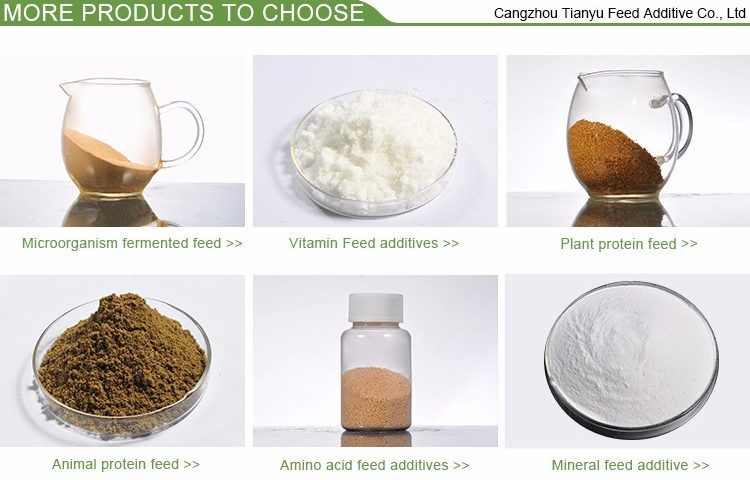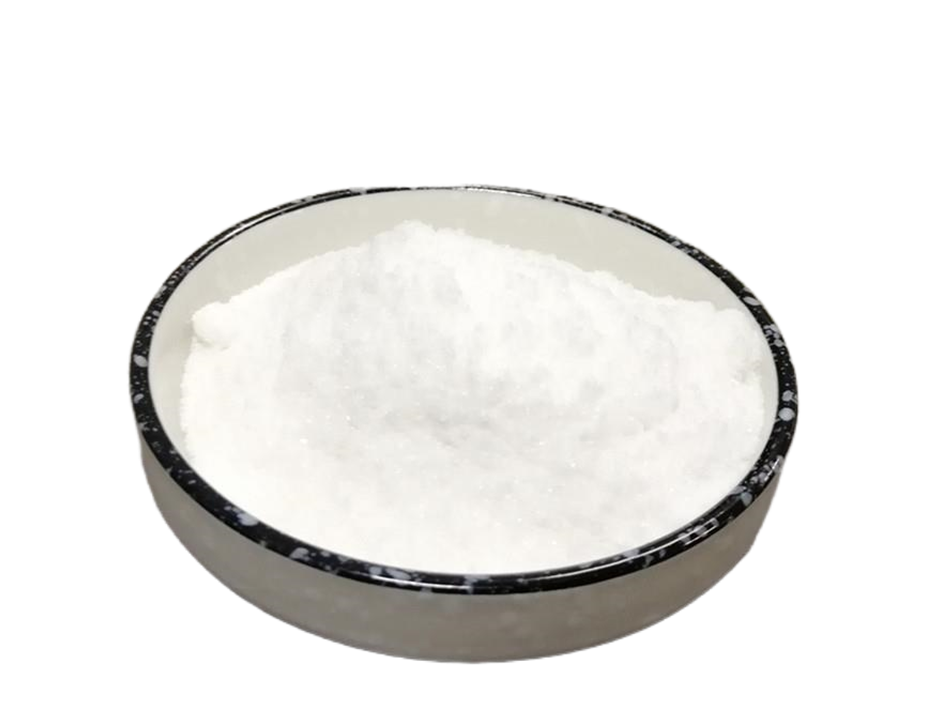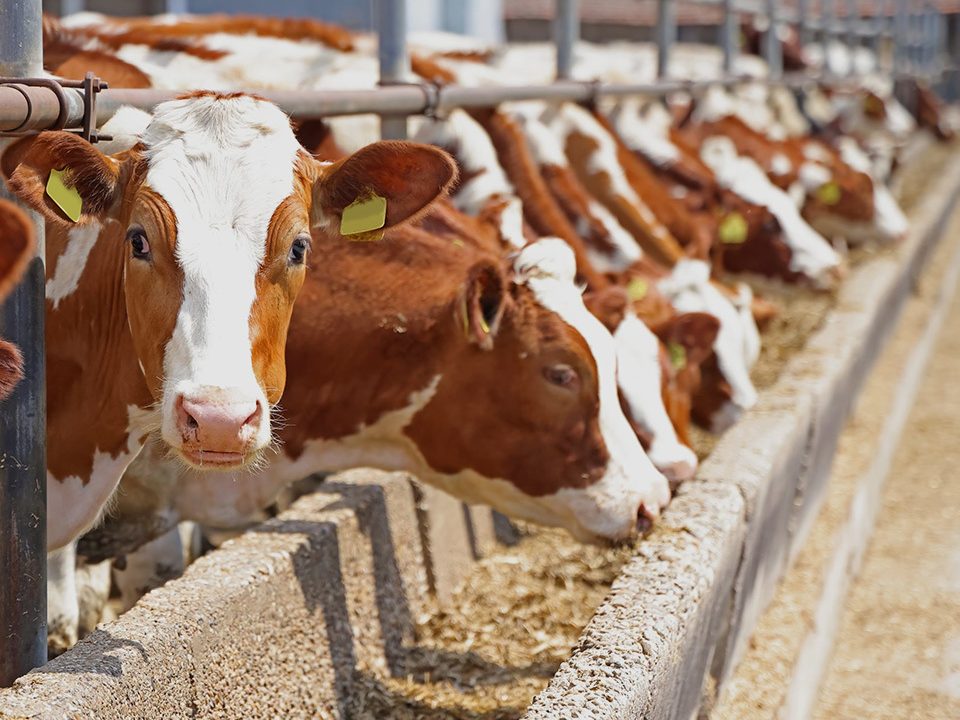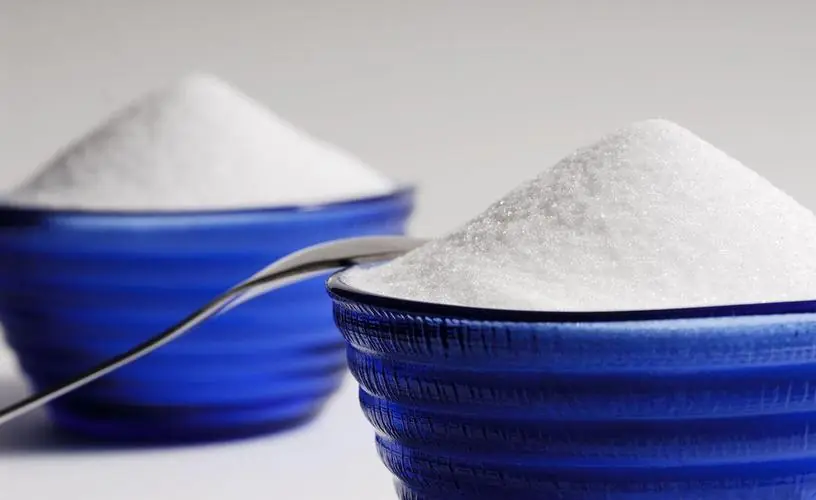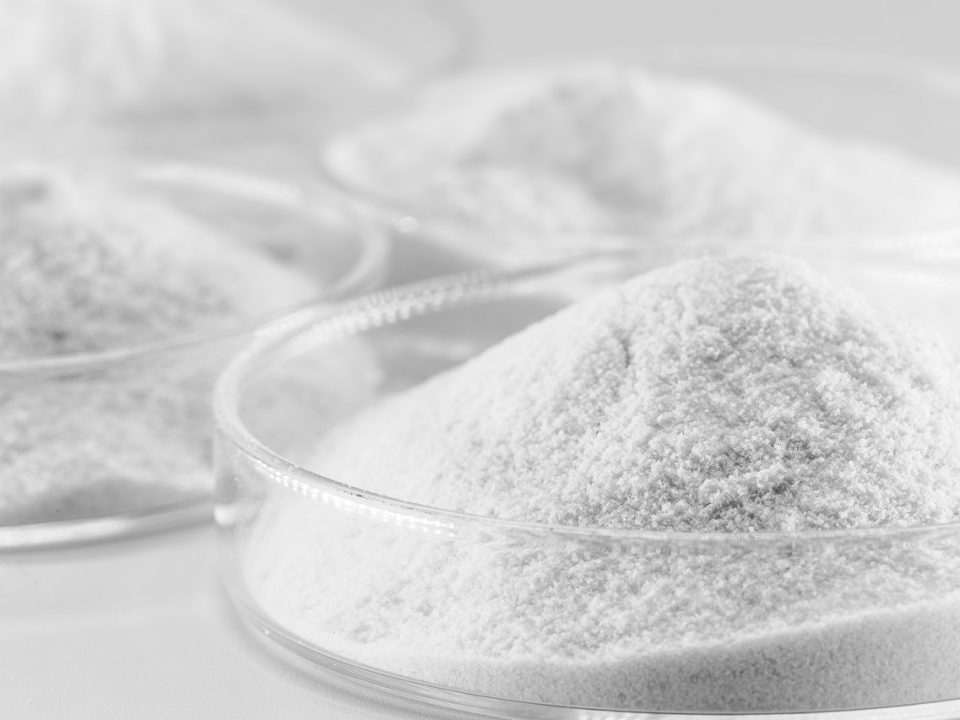choline chloride biodegradable Research

choline chloride hydrophobic or hydrophilic with water Research ?
November 21, 2023
difference between choline chloride and chlorine chloride?
November 21, 2023The biodegradability of choline chloride has been a topic of interest for researchers for several years, given its widespread use in various industries. As a quaternary ammonium compound, choline chloride possesses some unique characteristics that make it a potential candidate for biodegradation. Here’s a comprehensive look at the biodegradability of choline chloride.
What is Biodegradability?
Biodegradability refers to the process by which organic substances are broken down by the metabolic activities of living organisms, typically microbes. The end products of biodegradation are usually carbon dioxide, water, and other inorganic compounds. Biodegradable substances are favored over non-biodegradable substances because they are considered environmentally friendly. They don’t persist in the environment and thus do not contribute to pollution.
Choline Chloride: A Brief Overview
Choline chloride is a quaternary ammonium compound with the chemical formula (CH3)3N(CH2)2OHCl. It is widely used in a variety of applications, including as an additive in poultry feed, a clay stabilizer in oil and gas drilling, and a component in ionic liquids, among others.
Biodegradability of Choline Chloride
The biodegradability of choline chloride has been studied in different contexts. Some studies have focused on its biodegradation in soil and water, while others have investigated its biodegradability when used in specific applications, such as in ionic liquids.
Choline chloride, being an organic compound, is theoretically biodegradable. However, the rate and extent to which it is biodegraded can depend on several factors, including the presence of suitable microorganisms, the environmental conditions (such as temperature and pH), and the concentration of the choline chloride.
Research has shown that choline chloride can be degraded by several types of bacteria, including Pseudomonas species. These bacteria can utilize choline chloride as a source of carbon and nitrogen, breaking it down into simpler substances.
In the environment, choline chloride may be degraded through both aerobic and anaerobic processes. The aerobic degradation of choline chloride involves the action of bacteria in the presence of oxygen, resulting in the production of carbon dioxide, water, and inorganic chloride. On the other hand, the anaerobic degradation of choline chloride, which takes place in the absence of oxygen, can lead to the production of methane and inorganic chloride.
One study found that choline chloride could be degraded up to 80% over a period of 28 days under optimal conditions. However, it’s important to note that the rate of degradation can vary significantly depending on the specific conditions.
In terms of its use in ionic liquids, the biodegradability of choline chloride can be influenced by the other components of the ionic liquid. Some studies have found that the biodegradability of ionic liquids containing choline chloride can be relatively high, while others have reported lower biodegradability. This discrepancy is likely due to the different structures and properties of the various ionic liquids.
Implications and Future Directions
The biodegradability of choline chloride has important implications for its environmental impact. If choline chloride is readily biodegradable, it means that it is less likely to accumulate in the environment and cause pollution. This is particularly important for its use in applications such as oil and gas drilling, where it could potentially be released into the environment.
However, while the research to date suggests that choline chloride can be biodegraded, more studies are needed to fully understand the factors affecting its biodegradability and to develop strategies for optimizing its degradation. For example, the identification of specific bacteria that are particularly effective at degrading choline chloride could lead to the development of bioremediation strategies for cleaning up choline chloride contamination.
In summary, while choline chloride appears to be biodegradable, the rate and extent of its biodegradation can be influenced by several factors. More research is needed to fully understand these factors and their implications for the environmental impact of choline chloride.


